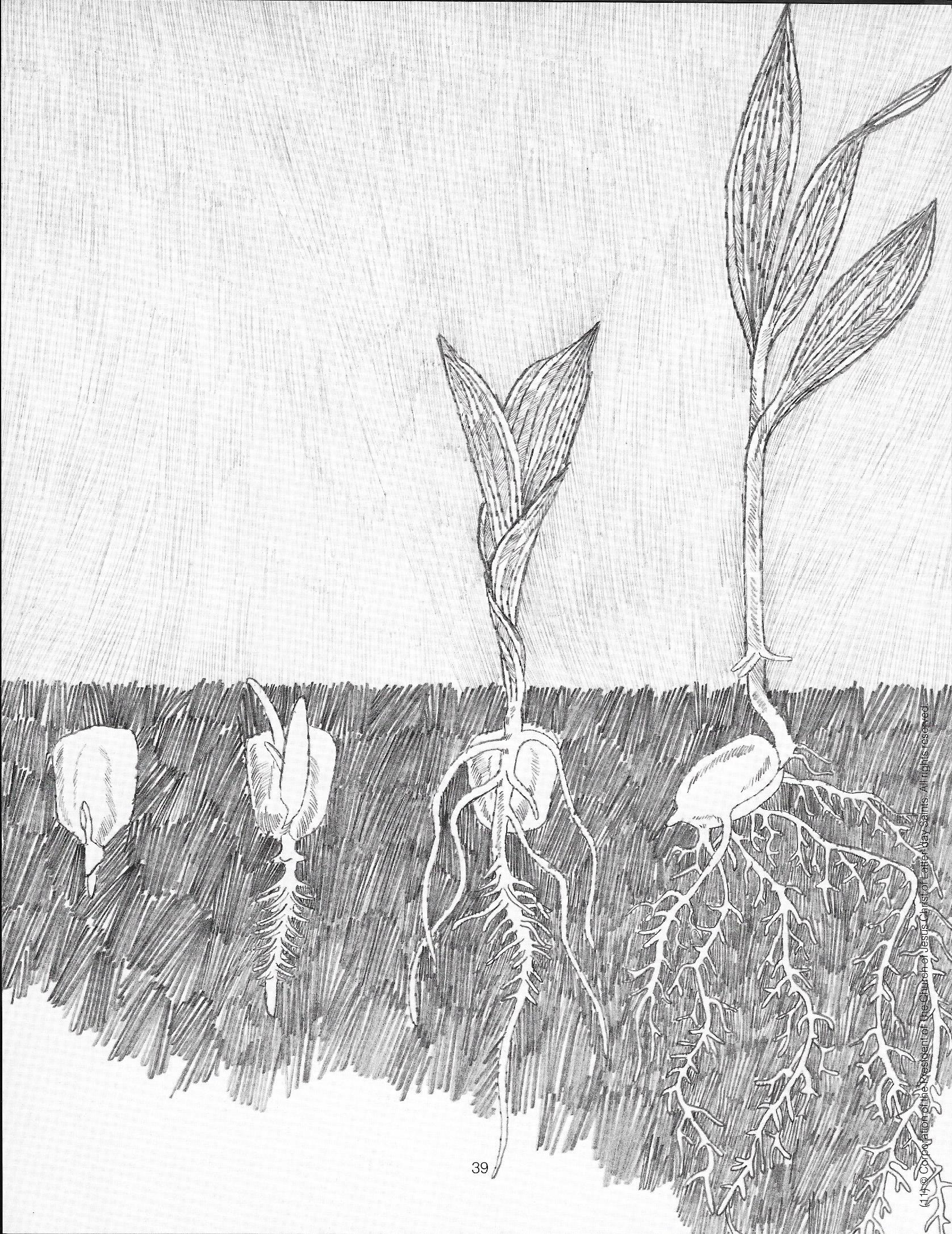At that moment, I experienced the presence of the Divine as I had never experienced God before. It seemed as though I could hear the quiet assurance of an inner voice saying: “Stand up for justice, stand up for truth; and God will be at your side forever.” Almost at once my fears began to go. My uncertainty disappeared. I was ready to face anything.”
It was the beginning of the Montgomery bus boycott. Rosa Parks had just been hauled to the police precinct for her audacity on the bus. And amid the electricity in the air, King emerged — the man of the hour, a confident new leader who would take on racism and injustice and violence, and surprisingly, in a spirit of confident, public non-violence.
At least by the outward look of things. Privately, however, he started out as a reluctant prophet. By all means, he
would help advance non-violent change. But to be thrust in the spotlight of national leadership — that was another matter indeed.
On the other hand, an assumption mitigated the pressure. The boycott, assumed everyone — including King — would last but a few days. Symbolic victory achieved, and in short order things put back to normal. A few days, however, became many and passed over into weeks and months, and white Montgomery rightly discerned a bona fide economic threat. That’s when the death threats began. Chilling and cutting to the chase: “Call off the boycott or die.” Towards the end, as many as 40 such phone calls came in every day. And on one occasion, when the police had hauled him into jail for speeding, in the clutches of the police at last, he imagined himself on the threshold of being lynched. Fear descended like a fog.
It reached an apex late Friday night, Jan. 27, 1956. King slumped home, another long strategy session under his belt, and found Coretta asleep. He paced and knocked about, his nerves still on edge. And presently the phone rang, a sneering voice on the other end: “Leave Montgomery immediately if you have no wish to die.” King’s fear surged; he hung up the phone, walked to his kitchen, and with trembling hands, put on a pot of coffee and sank into a chair at his kitchen table.
Here was the prelude to King’s most profound spiritual experience. He describes it in his book Stride Toward Freedom.
I was ready to give up. With my cup of coffee sitting untouched before me, I tried to think of a way to move out of the picture without appearing a coward. In this state of exhaustion, when my courage had all but gone, I decided to take my problem to God. With my head in my hands, I bowed over the kitchen table and prayed aloud.
The words I spoke to God that midnight are still vivid in my memory. “I am here taking a stand for what I believe is right. But now I am afraid. The people are looking to me for leadership, and if I stand before them without strength and courage, they too will falter. I am at the end of my powers. I have nothing left. I’ve come to the point where I can’t face it alone.”
At that moment, I experienced the presence of the Divine as I had never experienced God before. It seemed as though I could hear the quiet assurance of an inner voice saying: “Stand up for justice, stand up for truth; and God will be at your side forever.” Almost at once my fears began to go. My uncertainty disappeared. I was ready to face anything.”
Three days later a bomb blasted his house and his family escaped harm by a hairsbreadth. “Strangely enough,” King later wrote, “I accepted the word of the bombing calmly. My religious experience a few nights before had given me the strength to face it.”
News of the bombing drew a crowd A mob formed within the hour, all clenched jaws and closed fists. And they pressed up against the shattered house and shouted for vengeance. King mounted the broken porch and raised his hands. “We must meet hate with love. Remember, if I am stopped, this movement will not stop because God is with this movement. Go home with this glorious faith and radiant assurance.” And thus the mob dissipated, their mood disarmed and their ears ringing with the message of gospel non-violence.
Some 11 years later, King spoke before an audience of his epiphany in the kitchen. “It seemed at that moment, I could hear an inner voice saying to me, ‘Martin Luther, stand up for righteousness. Stand up for justice. Stand up for truth. And lo, I will be with you, even until the end of the world.’ I heard the voice of Jesus saying still to fight on. He promised never to leave me, never to leave me alone.”
